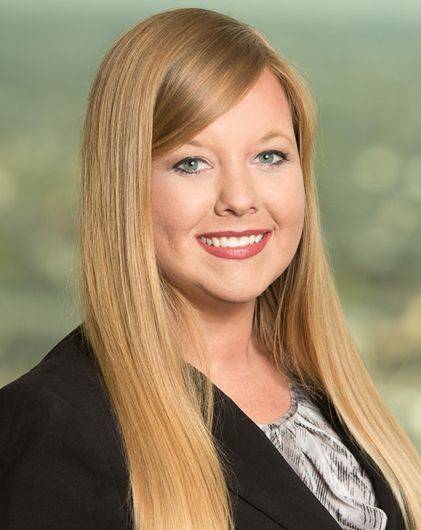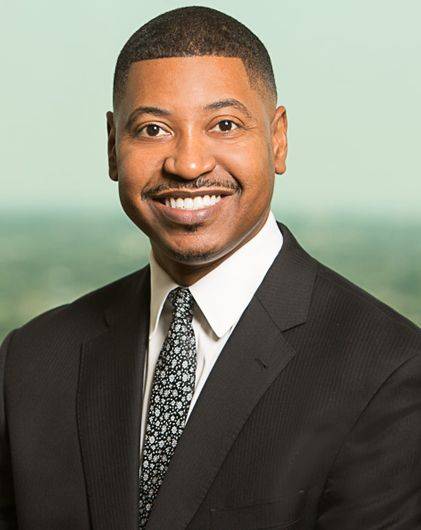DHS Higher Ed Overhaul Aims to Limit Stays for F and J Students and Scholars, Among Other Critical Changes
International students and scholars should pay careful attention to the latest changes to visa issuance and authorized stays for higher education. On Sept. 25, the Trump administration proposed to remove the “duration of status” policy for F and J visa holders. This will increase the government’s oversight of foreign student and international exchange programs.
Right now, oversight is largely vested in colleges and universities through Designated School Officials (DSOs). DSOs have reported the status of international students at their institutions and have had discretion to approve certain program extensions for decades. The administration’s new rules would bring four critical changes to that tradition.
- The proposal shortens the time students and exchange visitors can be in the U.S. Instead of being admitted for “duration of status” (i.e., as long as the educational program continues), the proposal ends status when the educational program ends. It also restricts an international student’s authorized stay in the U.S. to maximum periods of two or four years.
The two-year period applies to:
- Nationals of North Korea, Iran, Sudan and Syria, the four countries listed as state sponsors of terrorism by the current administration
- International students and scholars who attend schools or exchange visitor programs that do not fully participate in the E-Verify program
- F-1 students in English language programs, who will be restricted to a lifetime aggregate of 24 months of language programs, including breaks and yearly vacation
- The proposal cuts the 60-day grace period in half. The traditional grace period of authorized stay that international students receive after their program ends would be shortened to 30 days. During this time, international students in F status may prepare for departure, apply for extension or change of status, or otherwise maintain their status.
- The proposal extends post-completion optional practical training (OPT) employment until April 1 of the fiscal year for which an H-1B petition is filed. Because U.S. Citizenship and Immigration Services (USCIS) has not been able to adjudicate H-1B petitions fast enough, international students in OPT status may keep employment eligibility while waiting for their H-1B visa.
- The proposal limits program changes for F-1 students. Students who complete one level of study (e.g. bachelor’s) can change to another program in the same educational level only twice, for a lifetime maximum of three same-level educational programs.
Changes to Extensions of Stay
Currently, colleges and universities can grant program extensions to international students who meet certain criteria and are making “normal progress” toward completing the program. The proposal would eliminate this and instead require one of three conditions be satisfied before a program extension could be granted:
- Compelling academic reasons, including a letter of support from the DSO or faculty member
- Documented illness or medical condition
- Exceptional circumstances beyond the student or scholar’s control, such as a natural disaster, national health crisis or closure of the institution
Foreign students and scholars seeking program extensions would need to submit biometrics in addition to providing evidence of sufficient funding for their stay. Those international scholars may also be interviewed by a local USCIS officer.
Changes to Employment Authorization
F-1 students currently can work on and off campus under limited conditions. The proposal will likely change foreign nationals’ eligibility to work while program extension applications are pending with USCIS.
On-campus employment and economic hardship employment could continue while the application is pending. But F-1 students applying for standard post-completion OPT employment may not continue or start practical training until USCIS approves the program extension request and issues an Employment Authorization Document. The number of days in which a student may apply for OPT employment before the program ends will go from 90 to 120 days, but since the window for applying after the program ends will decrease from 60 to 30 days, international students seeking OPT employment should apply before graduating.
J-1 exchange visitors authorized to work incident to status can keep working and engage in activities in line with program regulations as long as their extension application was filed timely.
Please contact Brandon Davis, Laura N. Buck or any other member of Phelps’ Labor and Employment team if you have any questions or need compliance advice and guidance.



